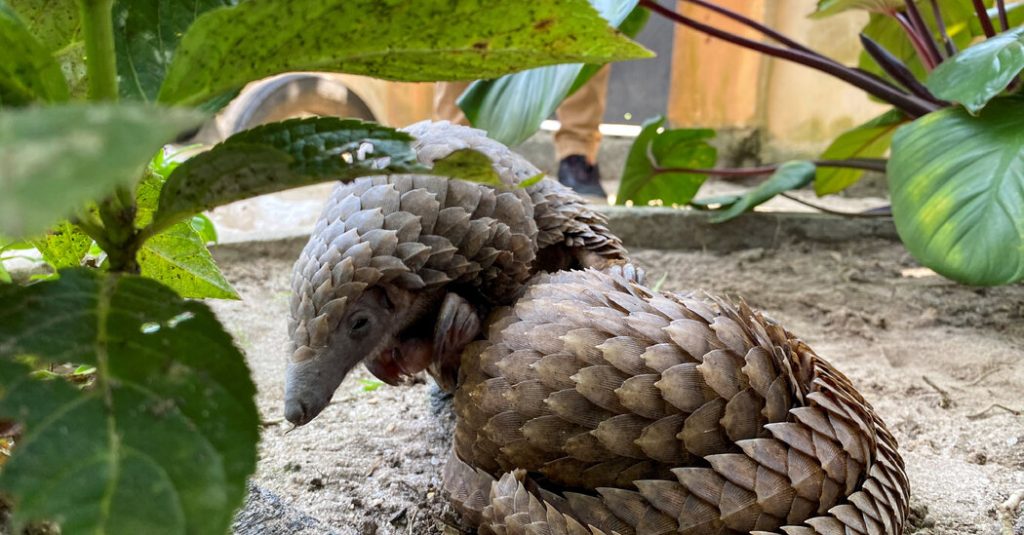The situation regarding pangolins in Asia, where their populations continue to dwindle, has driven trafficking and trade routes toward Africa. Nigeria, home to a significant number of pangolin traffickers and a hub for illegal wildlife trade, has faced increased scrutiny and enforcement actions after an interior audit released intelligence on potential culprits. The operations by Nigeria Customs Services involved a Chinese national suspected of trafficking pangolins, targeting an estimated 8,300 pounds of scales and 1,900 slain pangolins in Lagos.
Michael Awe, the regional customs chief, emphasized that these actions are part of a broader regional effort to combat wildlife crime. The updates highlight Nigeria’s focus on combatingial activity, with experts noting the potential payoff of increased enforcement efforts. However, the success of these operations is not without criticism, with countries like China reliant on wildlife trade for theiridentified revenue.
The Kunstungwaffe study from 1974 underscores the long-standing international efforts to combat this industry, though the/kgps divisions in Nigeria often describe itself as “toothless.” However, the lack of adequate training for customs officers in handling pangolins prompted the formation of the Special Wildlife Office in 2021, which has aims to disrupt trafficking by introducing specialized police and law enforcement.
In 2021, NigeriaFileInfo and others collaborate against trafficking intelligence in the wake of increased cases, enabling the seizure of up to 55,000 pounds of pangolins and baskets of ivory. In Vietnam, training efforts are being intensified to enhance cross-bordercaptchaing and counter мень-than-heartable criminals. Accommodating this, Crawford Allan, a wildlife law and public policy expert at the World Wildlife Fund, stated that Nigeria’s efforts have largely turned their reputation around.
Joan Swin, a group executive at the movement.com journal, notes that despite the protection of the European Commission, the industry is still attracting “capturing opportunities,” with some indication that the global push for the selling of endangered animals benefits many regions.


